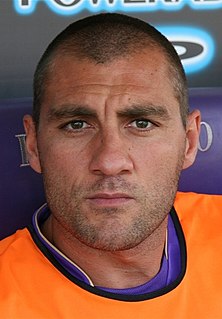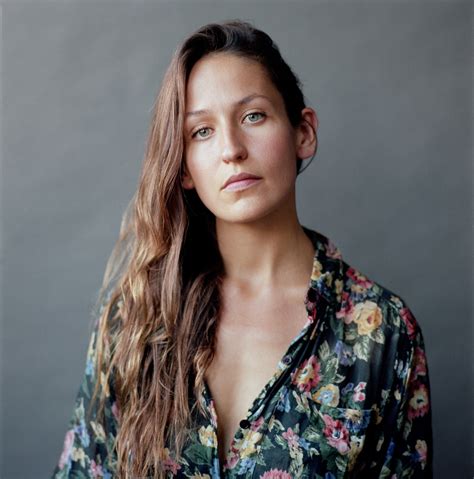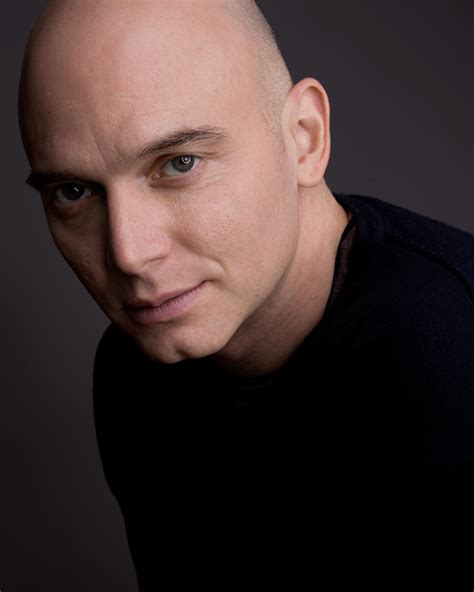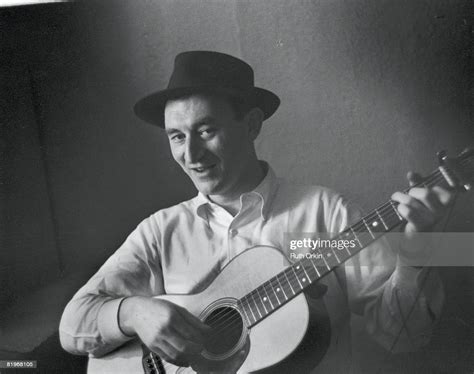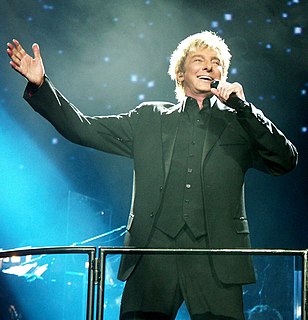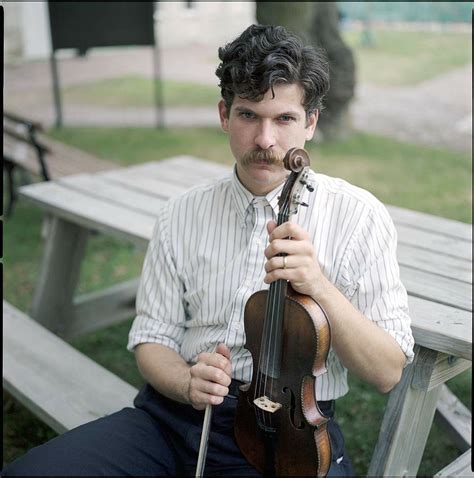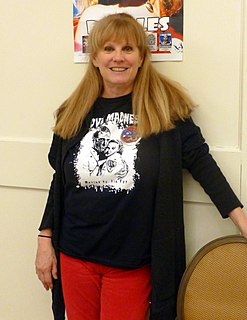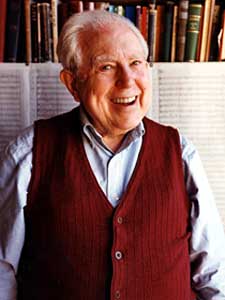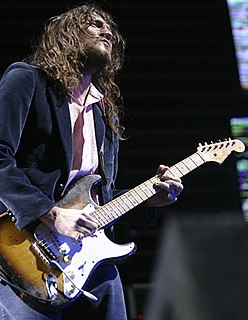A Quote by Christian Vieri
I've always had music in my life. When I went running, I would put music on. Even before games I'd have music on.
Related Quotes
Early American music and early folk music, before the record became popular and before there were pop stars and before there were venues made to present music where people bought tickets, people played music in the community, and it was much more part of a fabric of everyday life. I call that music 'root music.'
I did not initially take to the music of the Ramones, because I had never really heard of them before. Allan Arkush had given me a cassette of the Ramones and said, "You're their No. 1 fan, so I want you to know all of their songs and fall in love with these guys." I put the cassette on and I remember running around the house going, "Oh my God. That's music?"
A book, at the same time, also has to do with what I call a buzz in the head. It's a certain kind of music that I start hearing. It's the music of the language, but it's also the music of the story. I have to live with that music for a while before I can put any words on the page. I think that's because I have to get my body as much as my mind accustomed to the music of writing that particular book. It really is a mysterious feeling.
The truth is the music is really an incredible personal part of the movie. When I was drawing the storyboards for Watchmen, I had just gone to my iPod and was grabbing music. It took me about two weeks to really put my playlist together. But once I had it, I kinda just put my headsets on and drew for five months. But that music's the music that's in the movie.
